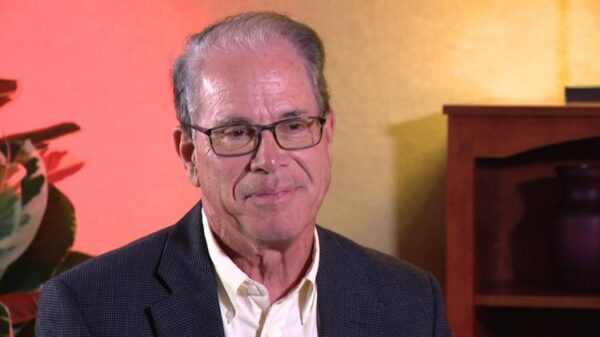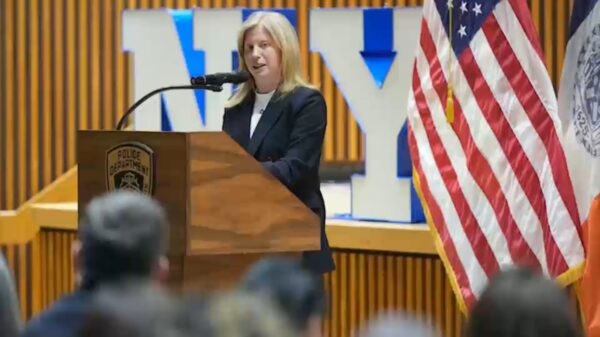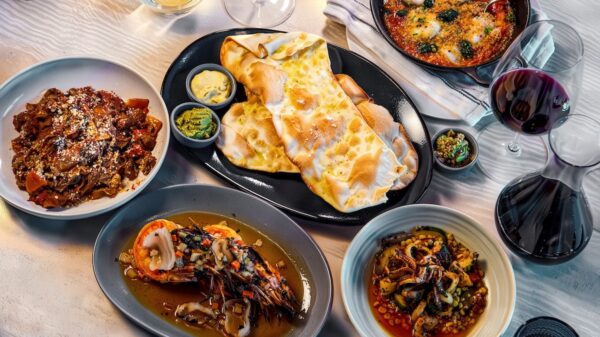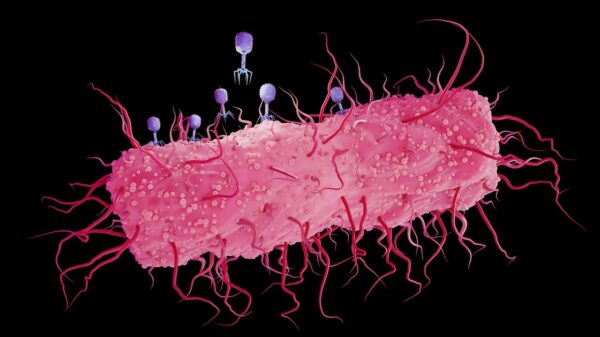UPDATE: In a bold move of solidarity, Taiwan’s President Lai Ching-te showcased a plate of sushi on social media, signaling support for Japan amid escalating tensions with China. The display comes just as reports surface that China plans to halt imports of Japanese seafood, intensifying a diplomatic row following remarks from Japan’s new Prime Minister Sanae Takaichi regarding military intervention in Taiwan.
The situation escalated quickly earlier today as Lai shared images of himself with sushi and miso soup on his Facebook and X accounts, accompanied by hashtags celebrating Japanese ingredients from Kagoshima and Hokkaido. His message read, “Today’s lunch is sushi and miso soup,” along with the hashtag #Yellowtail, highlighting the close ties between Taiwan and Japan. The post included a call to action for followers, suggesting that now “might be a good time to eat Japanese cuisine.”
In a statement, Lai emphasized, “It fully shows the strong friendship between Taiwan and Japan,” reinforcing Taiwan’s stance against Chinese aggression. As tensions flare, the Chinese foreign ministry dismissed Lai’s gestures as a “stunt,” signaling Beijing’s dissatisfaction with Taiwan’s growing support for Japan.
This diplomatic spat ignited after Takaichi’s remarks earlier this month that Japan could intervene militarily if Taiwan were attacked. China, which claims Taiwan as part of its territory, has reacted strongly, already summoning Tokyo’s ambassador and warning its citizens against traveling to Japan. In addition to the seafood import ban, state media reported that the release of at least two Japanese films in China would be postponed.
The urgency of the situation was further underscored Monday when Japan scrambled fighter jets after detecting a suspected Chinese drone near its southern island of Yonaguni, close to Taiwan.
As tensions rise, Chinese foreign ministry spokeswoman Mao Ning urged Japan to “behave with dignity” and retract Takaichi’s statement, claiming that simply asserting its unchanged position on Taiwan fails to address China’s concerns.
In a show of U.S. solidarity, George Glass, the U.S. ambassador to Japan, tweeted that Washington stands firmly with Tokyo. “Coercion is a hard habit to break for Beijing,” he stated, recalling the U.S. support during a previous seafood import ban by China.
Taiwanese Foreign Minister Lin Chia-lung echoed this sentiment, condemning China’s tactics of economic coercion and military intimidation. He called for Taiwanese citizens to support Japan during this critical moment to counteract the Chinese Communist Party’s aggressive behavior.
As of October 5, 2023, there appears to be no off-ramp to ease tensions between Japan and China. Japan dispatched a senior diplomat to Beijing for talks on Tuesday, but reports indicate no significant progress has been made to resolve the standoff. The international community is watching closely as both nations navigate this precarious diplomatic landscape.
What happens next will be crucial; observers will be monitoring further developments and responses from both the Japanese and Chinese governments. The implications of this dispute extend beyond regional tensions, affecting international relations and trade dynamics in Asia.

































































